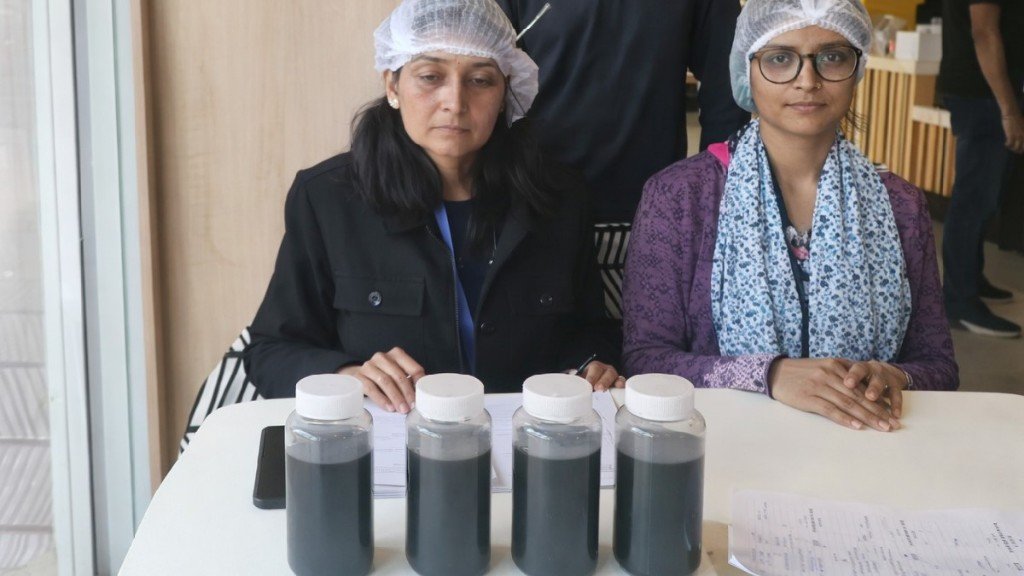Malnutrition is a severe problem inflicting people across the world. Micronutrient deficiency, especially in underdeveloped or developing worlds, can lead to various illnesses, cognitive and physical disorders, and in extreme cases - death. Improper development of body due to absence of vital nutrients can impair body's functioning for lifetime. The problem may arise due to insufficient availability of foods, and sometimes due to loss of nutrients in the foods available. Many factors like sun exposure, rough handling, heat exposure during cooking, over-heating after cooking, can degrade foods of their micronutrients. This problem may have just been solved by a team of researchers from the prestigious Massachusetts Institute of Technology (MIT).
The scientists have come out with a new strategy to fortify staple foods with vital nutrients like iron and vitamin A, by encapsulating them in a biocompatible polymer BMC, which can prevent the loss of nutrients during storage or cooking, and also facilitate their absorption when the food is consumed.
(Also Read: Common Nutritional Deficiencies Found In Us And How Can We Tackle It)

Food fortification by encapsulating micronutrients may help reduce nutritional deficiency
The team carried out some clinical trials on a group of rodents. They were fed food fortified with encapsulated micronutrients. Microparticles encapsulating 11 micronutrients made the food withstand and retain its nutritional value against oxidation, heat from gas stove, oven and also boiling water used for cooking. They discovered that the intestines of the rodents could easily absorb the micronutrients from the microparticles. The team did two clinical trials and also some experiments using human intestinal tissue. The results showed how microparticle formulations were optimised to enhance iron loading, improve bioavailability and retain stability against cooking.
Robert Langer, the David H. Koch Institute Professor at MIT and a member of MIT's Koch Institute for Integrative Cancer Research said, "We are really excited that our team has been able to develop this unique nutrient-delivery system that has the potential to help billions of people in the developing world, and taken it all the way from inception to human clinical trials."
The findings of the study were published in the journal 'Science Translational Medicine'. The research team led by Prof. Langer is planning to carry out more such studies in developing nations where micronutrient deficiencies are rampant. The microparticle platform discovered by the team could help improve oral delivery of micronutrients.







